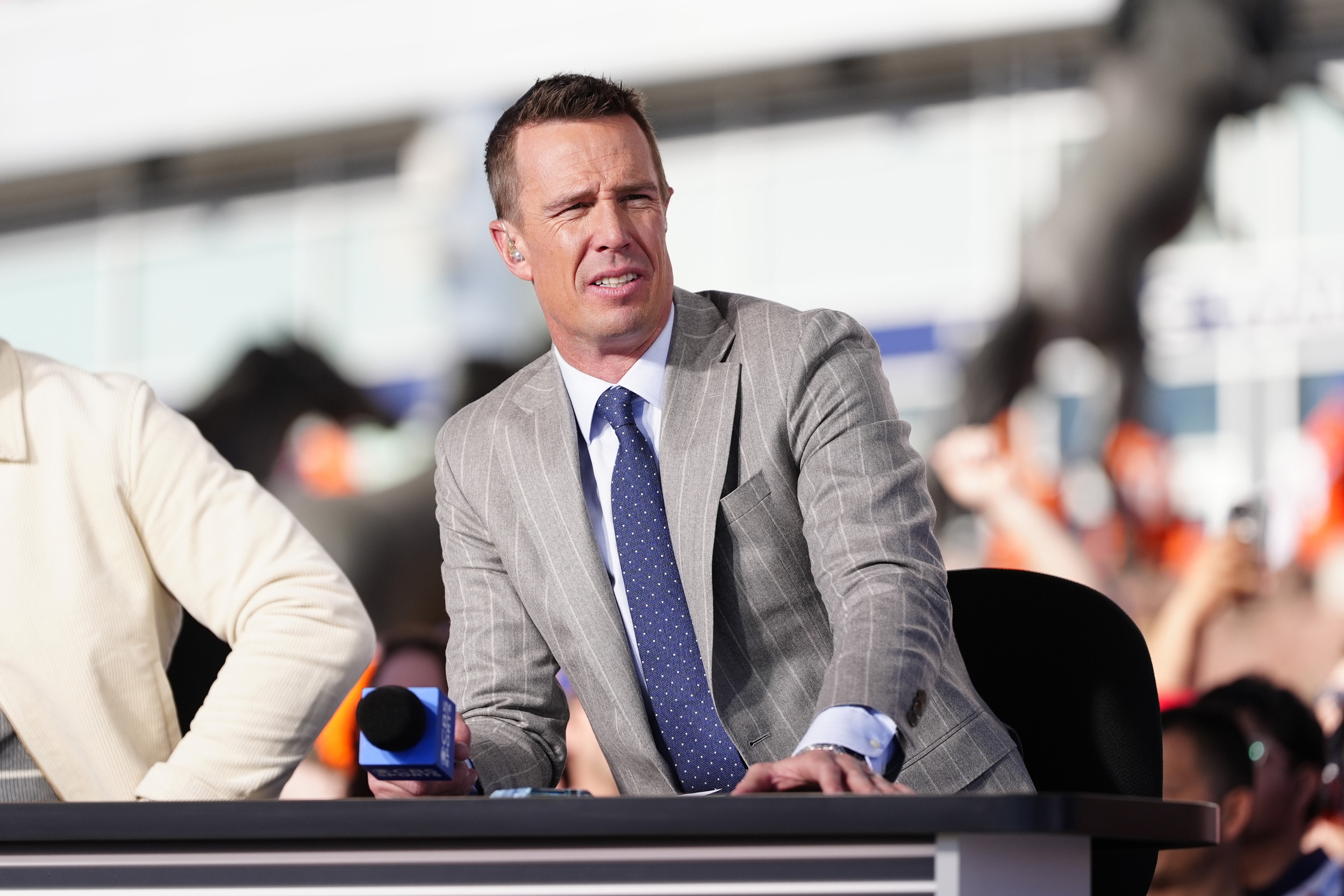Happy leap (second) day, everyone! Today’s the day when we officially add another second to our calendar — to compensate for the fact that it’s taking the planet longer and longer to complete a full rotation around its axis. Earth is getting older, after all; it’s not as quick as it used to be. And the length of individual days themselves — solar days — reflects the slower movement. The time we keep based on atomic clocks differs, just a tiny little bit, from the time we keep based on the Earth’s rotation. The extra second compensates for the disparity.
Still with me?
“The solar day is gradually getting longer because Earth’s rotation is slowing down ever so slightly,”explains NASA’s Daniel MacMillan. Here’s more on the slowdown from NASA’s Elizabeth Zubritsky:
Scientists have learned that Earth is not the most reliable timekeeper. The planet’s rotation is slowing down overall because of tidal forces between Earth and the moon. Roughly every 100 years, the day gets about 1.4 milliseconds, or 1.4 thousandths of a second, longer. Granted, that’s about 100 or 200 times faster than the blink of an eye. But if you add up that small discrepancy every day for years and years, it can make a very big difference indeed.
But, wait, how do we know that the Earth is — figuratively, at least — losing steam? Through coordinated analysis. For decades, scientists have been measuring the time it takes Earth to make each of its rotations using the observational techniques of Very Long Baseline Interferometry. Each day, an international network of space observation stations teams up to make coordinated VLBI measurements: the stations use their telescopes to observe a selected group of quasars at a selected time, recording how long it takes for the quasars’ radio waves to arrive back to each station. Since the signal from each quasar takes just a slightly different amount of time to arrive, scientists can compare those measurements to determine the Earth’s rotation speed relative to the quasar positions.
It was those calculations, done over time, that revealed the Earth’s rotational slow-down — the one we’ll be compensating for, with a valuable freebie second, today.
Anyhow, here’s to making good use of your own extra moment. Today’s will be the 35th leap second ever to be celebrated (yes — celebrated). And it will be the first to be observed since 2008.
How will you celebrate?
via The Atlantic








About Big Skeezy
Recent Posts
Matt Ryan breaks silence on Falcons quarterback
"He’s in a good place right now."
Jayden Daniels loves Philly fans
“I love Eagles fans."
Ben Roethlisberger responds to attack on character
"I like to think as we mature and as we grow in our faith."
Tyreek Hill bids Miami farewell
“Major Love to the 305.”
Ja’Marr Chase breaks silence on Bengals
"I’m just stating my opinion on what I think we need."
Miami RedHawks keep rising up
"One of the hardest places to play in all of college basketball."